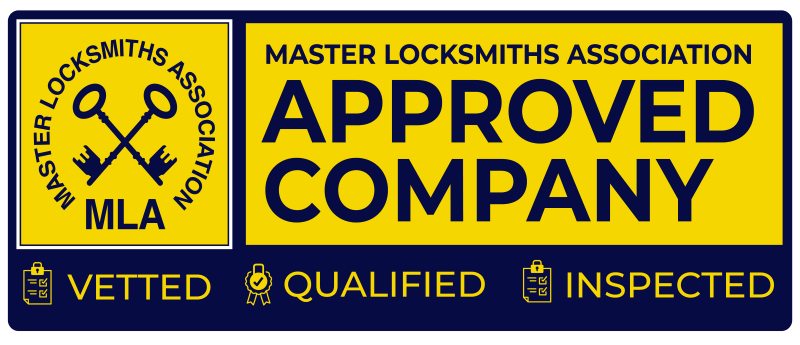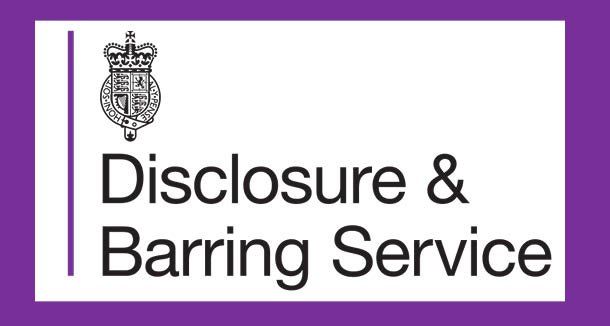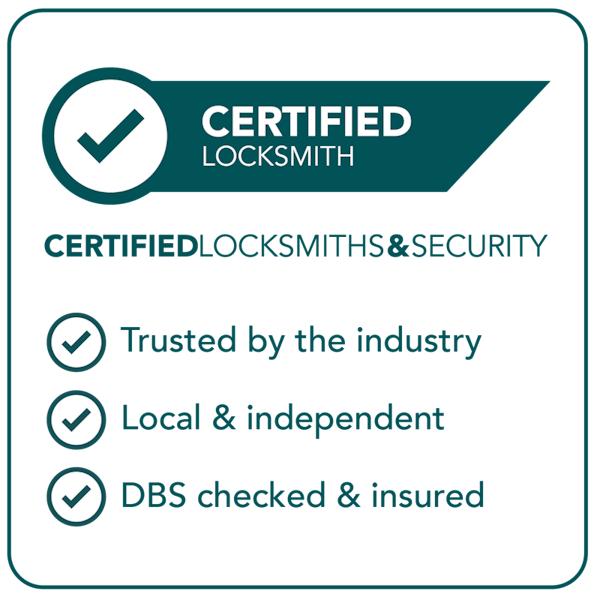LOCKSMITH ADVICE FOR lock maintenance in your home
by Ewan Clerk
CraftLock Ltd Birmingham & Solihull Locksmith
Independent & Local
Locksmith
Approved Company of the Master Locksmiths Association
Ten easy checks you can do to prevent lock problems :-)
JUST READ THE SUMMARY IN BIG LETTERS IF IT'S EASIER!
2) Lubricate Keyway (cylinder locks): without ever lubricating where the keys go, all the tiny pins, springs and metal surfaces will be grinding each other down with constant friction. This will leave you using a lot of extra force to overcome the friction and also the small parts will wear more quickly, so that components designed to fit together no longer do so. You will begin to have difficulty inserting the key, as the pins don't want to move out of the way as the key pushes them down. Eventually turning the key will require so much force that the key is very likely to break, leaving you with a broken key emergency and requiring locksmith help to access your house. The hole where the key goes ('the keyway') should be sprayed liberally with oil so it gets right inside, using the key to turn afterwards so the oil reaches the hidden parts. If applying powdered graphite, as recommended for Ultion anti-snap locks, you may prefer to spread the powder onto the key and then inserting the key, rather than directly applying graphite to the keyway (excessive powder inside it may jam the lock). This advice is designed for cylinder type locks, rather than mortice locks, which require very little care. See below 'Latch-Bolts' for mortice lock advice. If unsure about lock types see our link here: https://www.craftlock.co.uk/lock-types
SUMMARY: LUBRICATE WHERE THE KEY GOES, THIS IS THE MOST IMPORTANT THING BY FAR.
3) Lubricate Latch-Bolts (nightlatch, mortice lock, uPVC): the latch-bolt is the spring-loaded, triangular shaped bolt which is designed to slide over the door frame edge and click back into place, holding the door shut and also in-line for engagement of the other security equipment on the door. The latch will be found to often bang against the door edge and not retract at all when lubrication is absent. This makes the door difficult to use but will also damage the lock with the possibility of it breaking in the open or closed position, either of which may be a broken door lockmsith emergency for you. Lubricating the surface of the latch-bolt and even sometimes the corresponding frame piece will help a lot with difficult locks. However, one of the biggest benefits of lubricating at this location is that it is an opportunity to gain access to the inner workings of the lock and lubricate the complex working parts you normally cannot see. To do this, pull down the door handle so that you create a rectangular void as the latch-bolt recesses (see top of page for illustration of oiling operation on a mortice lock with a latch). Into this void, use your spray straw to liberally apply your oil. Watch out, it may drip a lot when you do this, but it's the best medicine! Try and do it at least twice a year. If you have a mortice lock that does not incorporate a latch-bolt above the square deadbolt, you won't be able to do this. You may be able to extend the deadbolt, spray around it, withdraw the deadbolt and repeat to get some noticeable improvement. More detailed lubrication would be a professional task but is rarely required.
SUMMARY: STOP THE DOOR BANGING AND PREVENT CRITICAL DAMAGE BY OILING TRIANGULAR LATCH-BOLT ON ALL DOORS.
4) Lubricate All Visible Moving Parts: particularly with uPVC doors, you will find many moving parts along the vertical metal door edge, such as where small bolts/sliders move up and down or where large hooks swing in and out. Hooks in particular are likely to gum-up with old grease and get stuck after a few years. If you've never lubricated here, you are asking for trouble, but they're very easy to put a squirt of oil into! Work the handle a few times so that the oil has the opportunity to reach all surfaces. Remember to wear your goggles!
SUMMARY: UPVC DOORS WORK MUCH BETTER WITH LUBRICATION. TRY IT, YOUR DOOR WILL FEEL GREAT!
5) Door Alignment ('door dropped'): smooth door closure, based on how the door aligns with the frame in three dimensions, is vital for you as a user. A door may be 'dropped' out of alignment or warped in a manner that the locking components cannot reach the frame and slot easily into their places. This can take place on all types of doors, whether they be plastic uPVC, modern composite or traditional wood construction. Alignment issues are more common on older doors, but are also often found on badly fitted new doors. If your door suffers these problems, you will find the handle is unusually hard to lift up or the key will not turn fully, or both. It is very important that you do not regularly apply excessive force to your door or locks, this will cause critical failures causing lock emergencies such as broken keys and shattered, completely in-operable, door mechanisms. If you find your door is becoming difficult to use, first apply lubricants as described above. If no improvement, then use an alternative entrance if possible, until you can have a locksmith call to examine and rectify issues with an appropriate door repair service.
SUMMARY: REGULAR DIFFICULTY LOCKING THE DOOR WILL DEFINITELY LEAD TO A LOCK EMERGENCY.
6) Maintenance Schedules & Specified Lubricants: as described above, some products come with warnings to oil, not oil, or only lubricate with specific products. Most moving objects can be oiled, but usually you should not oil the wheels or runners of a sliding door (instead just keep them clean). If you have no access to instructions or advice on your individual security product, then seek advice from a locksmith. If you don't know one already, try the MLA:
https://www.locksmiths.co.uk/
SUMMARY: CHECK YOUR INSTRUCTIONS, OR ASK A PROFESSIONAL.
7) Best Practices - Door Operation: some multi-point locks on uPVC and composite doors are vulnerable to jamming / getting stuck if you operate the handle simultaneously with the key. For most situations, it is best if you lift or depress the handle before or after turning the key, but NOT at the same time. The habit of doing all actions at once often develops when the uPVC door already suffers alignment issues, but it is best if possible not to do this. On wooden doors, it is very common for the wood to bend out of shape to a degree that you need to press or pull upon the door so that the locking bolt may slide over smoothly. If you are able to do this comfortably then that's great, but severe problems may require a position adjustment on the frame or other actions to make it work smoothly as in Door Alignment above.
SUMMARY: KNOW HOW TO USE YOUR HARDWARE AND PASS THIS ON TO OTHER USERS IN YOUR HOME, INCLUDING VISITORS WHO USE THE DOOR.
8) Key Copy Protection: you may have keys specially marked/engraved with codes for additional copying protection. You may be able to activate key copy protection by registering your code against your email address, preventing the download of key copy data to a computerized key machine. Alternatively, you may have been provided with a 'key security card' - ownership of the card indicating your authority to get keys copied. Please don't lose this if you have one! Check with your installer if you have key copy protection on new keys.
SUMMARY: CHECK IF YOU HAVE KEY COPY PROTECTION ALREADY. IT CAN BE USEFUL TO YOU AS AN INDIVIDUAL OR AS AN ORGANISATION.
9) Security Upgrades: if you have been warned about security, have concerns or experienced something upsetting, it is best to have a visit from a locksmith who can advise what is relevant and important while also putting your mind at rest where there may be nothing to worry about. Have this done in advance of things getting overwhelming, please don't leave your call until one week before your holiday! But yes we'll try and help you anyway! See our recommendations for modern upgrades here: https://www.locks-solihull.co.uk/anti-snap-locks
SUMMARY: IF YOU HAVE SECURITY CONCERNS, DON'T LEAVE IT UNTIL IT IS TOO LATE.
10) Seek Professional Advice: whatever your worries in the world of hardware and security, it's best to report it early before it becomes a bigger problem. You will be happier to have a scheduled visit from your chosen security professional, than suddenly needing an emergency response at midnight from someone you haven't had time to check out. Even in emergencies however, make every effort to provide photographs to the locksmith, either directly or via your property manager. Photographs allow the locksmith to be quickly and fully prepared for your exact situation, increasing the likelihood of a rapid single visit that will resolve everything. Approach the problem early enough and you may find a bit of advice over the telephone solves your issue without having to arrange a visit.
SUMMARY: REPORT SMALL PROBLEMS ASAP AND ALWAYS TAKE PHOTOGRAPHS.
All text and images original creation by Ewan Clerk for CraftLock Ltd. Copyright to CraftLock Ltd. Do not copy without permission.
COMMENTS: Constructive comments are welcome by email service@craftlock.co.uk (no SEO sales please)




